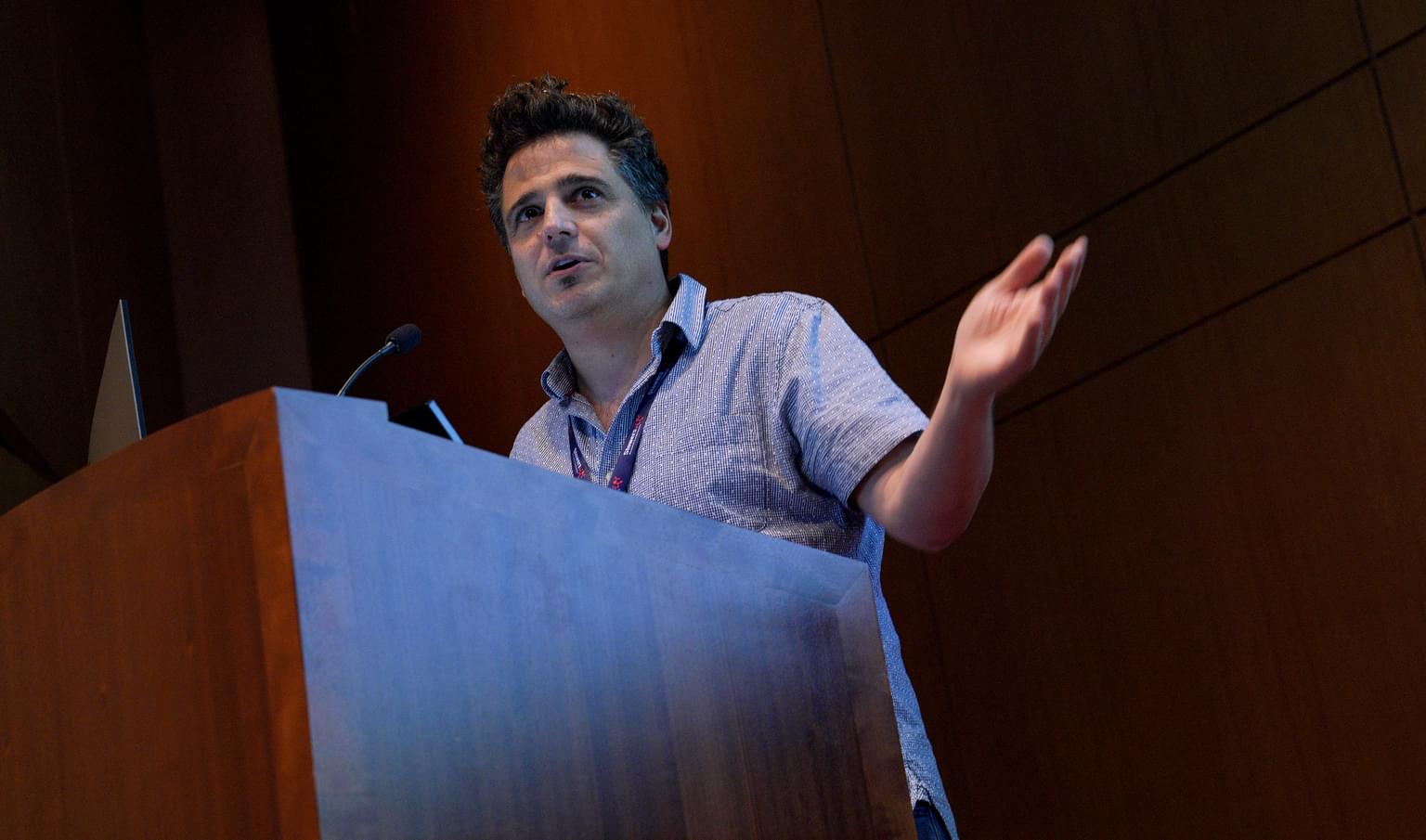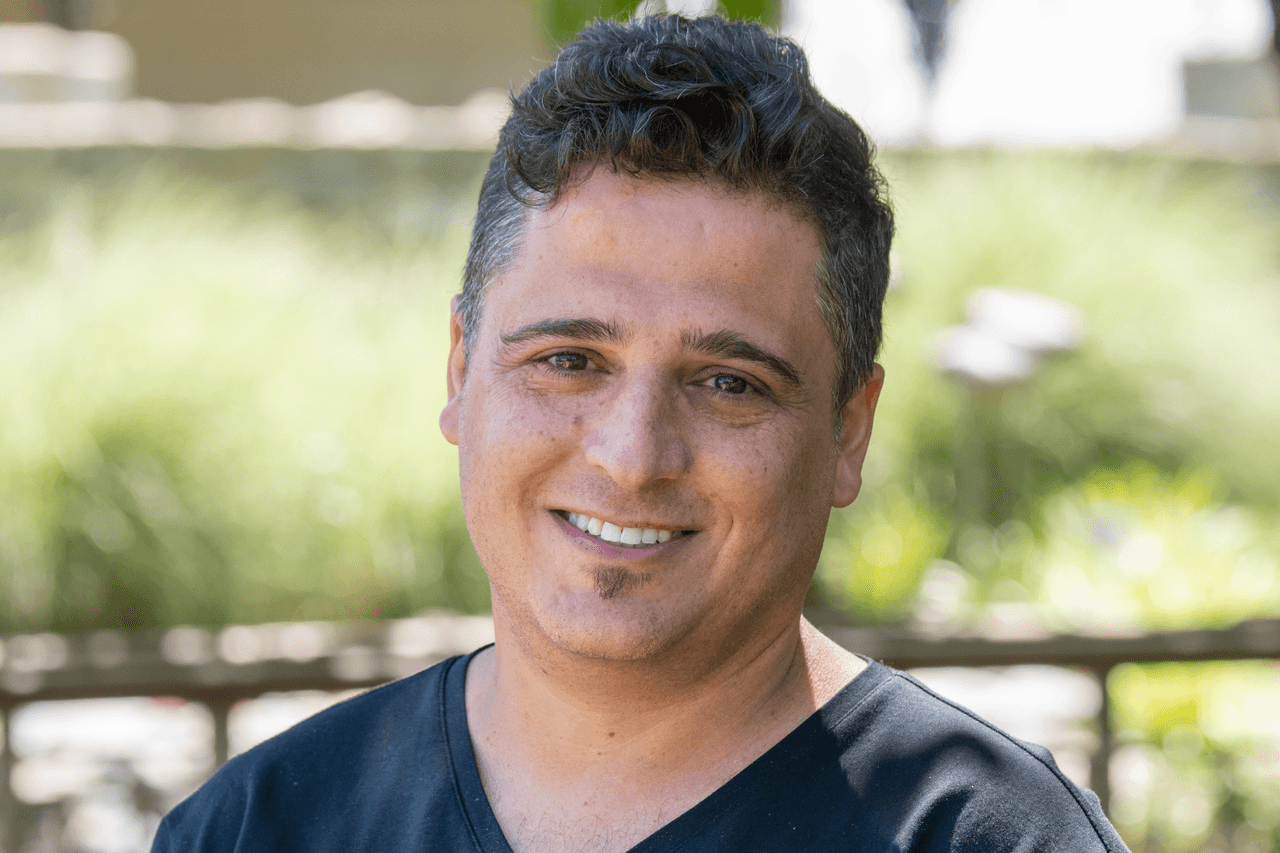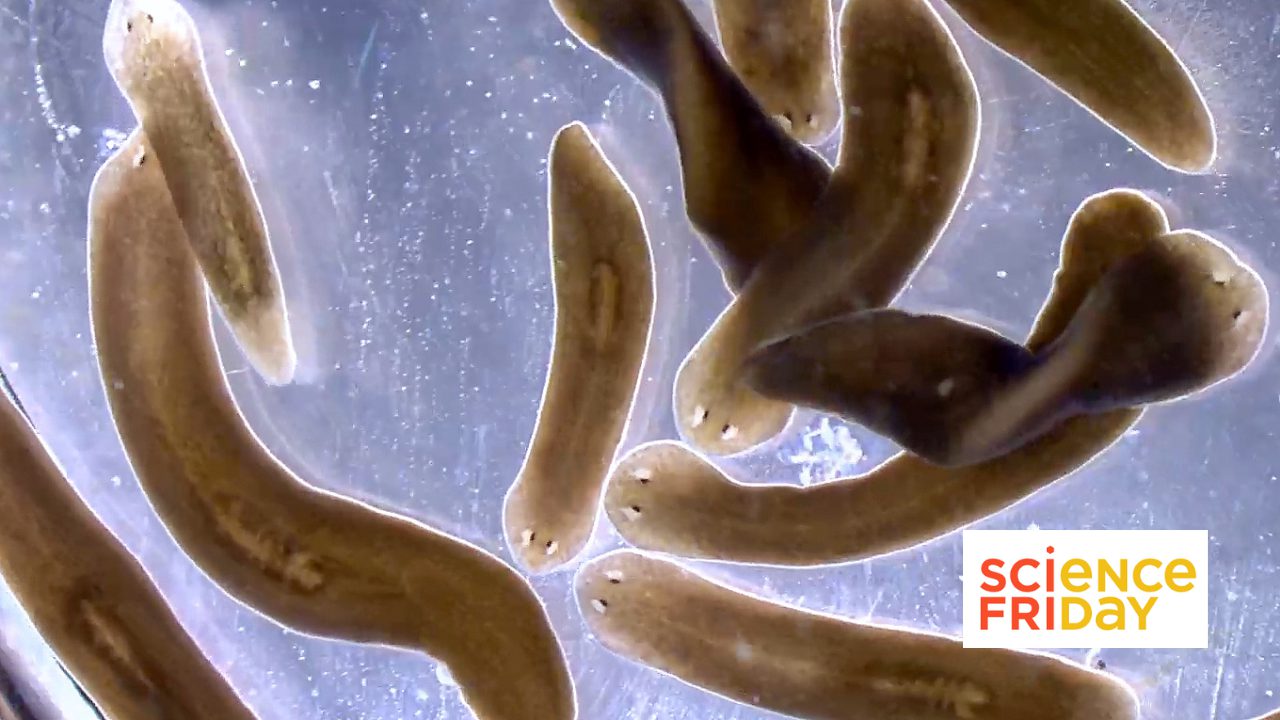In The News

07 January 2026
Investigator Kamena Kostova, named ‘Cell Scientist to Watch’
From the Journal of Cell Science, Investigator Kamena Kostova named a 'Cell Scientist to Watch'
Read Article
News
"For me, joining the Stowers Institute was a chance for me and my team to follow any research idea we’re curious about."

Ariel Bazzini, Ph.D., an Associate Investigator at the Stowers Institute, joined the Institute in August 2016. His lab studies how genes are regulated, and how this process affects development and diseases such as viral infections.
What brought you to the Stowers Institute?
For me, joining the Stowers Institute was a chance for me and my team to follow any research idea we’re curious about. The combination of our unique funding model through American Century Investments, brilliant students and postdocs, and top-notch technology makes it possible to explore questions I might not have dared to try elsewhere.
Why are you interested in your field of research?
In biology, there’s a standard idea called the "central dogma"—DNA makes RNA, and RNA makes proteins. For a long time, most attention went to how much RNA is made (through a process called transcription), but there’s more to the story. The amount of RNA in a cell also depends on how long it lasts (RNA half-life or stability), and how efficiently it gets turned into protein (translation efficiency).
We want to understand how cells control these steps—how they decide which RNAs to keep, and how actively to use them. These processes are especially important during early development and in viral infections, two areas we’re deeply focused on.
What inspires you to keep working in your field?
The unknown! There’s still so much we don’t understand—like how a single cell, after fertilization, becomes a complex organism. Or, how viruses hijack a cell’s machinery to survive and spread. We’re constantly uncovering new ways genes are regulated, and that’s incredibly exciting.

Ariel Bazzini, Ph.D.
What have you found most rewarding about your work?
Two things stand out. First, the thrill of discovery—those moments when you see data on a screen, gel, or microscope and realize something new—whether it confirms your idea or leads to an unexpected twist.
Second, watching our students and postdocs grow is extremely rewarding. They arrive with a lot of enthusiasm and are eager to get in the lab. It's impressive to see their growth. Over time, however, they develop into sharp, thoughtful scientists. Seeing that transformation has been one of the most satisfying parts of my job.
What impact do you hope your research will have?
By understanding how genes are regulated, we can help shape how diseases are treated, how vaccines are designed, and even how we approach fertility and reproduction problems.
Beyond the science, I hope our lab helps launch the careers of the next generation of researchers who will keep pushing the boundaries of what we know.
In The News

07 January 2026
From the Journal of Cell Science, Investigator Kamena Kostova named a 'Cell Scientist to Watch'
Read Article
#Stowers25: Celebrating 25 Years
06 January 2026
Alejandro Sánchez Alvarado, Ph.D., reflects on a year of discovery, gratitude, and the community that helps support our mission.
Read Article
In The News

01 January 2026
From Science Friday, President and CSO Alejandro Sánchez Alvarado talks about the science of regeneration and the biology lessons we can carry into the new year.
Read Article
